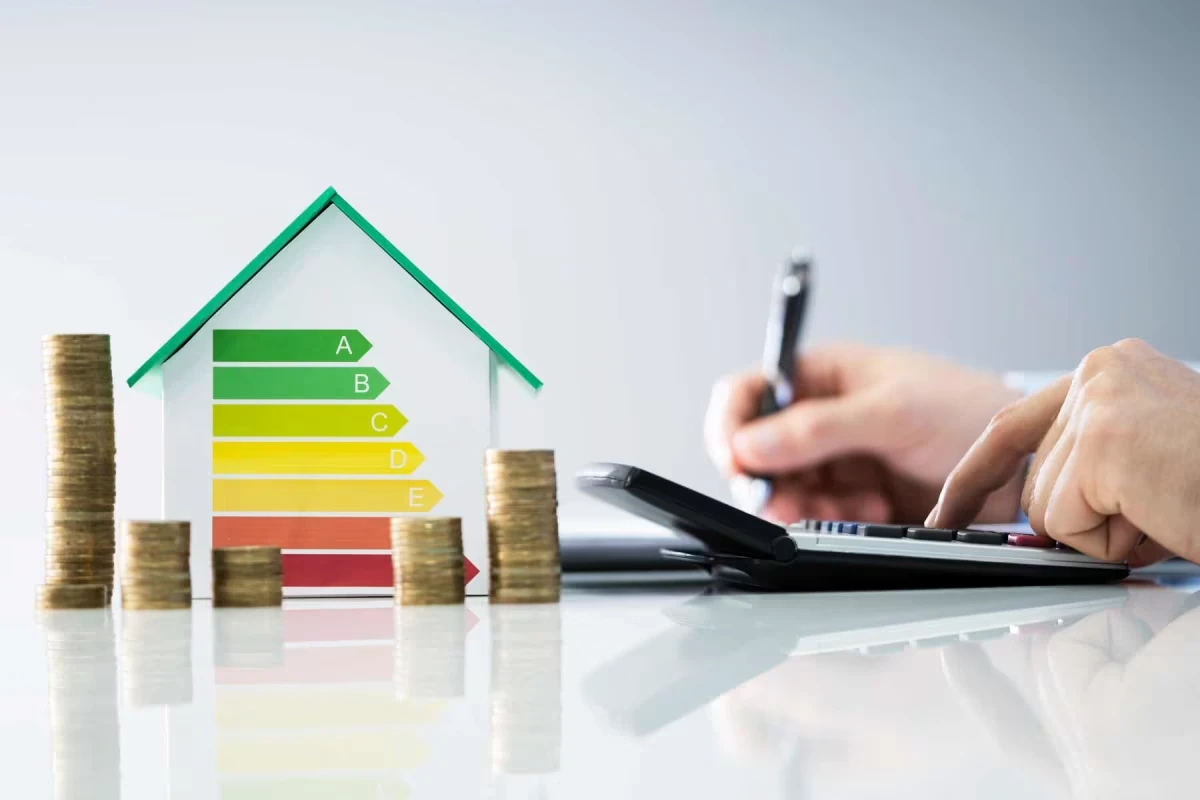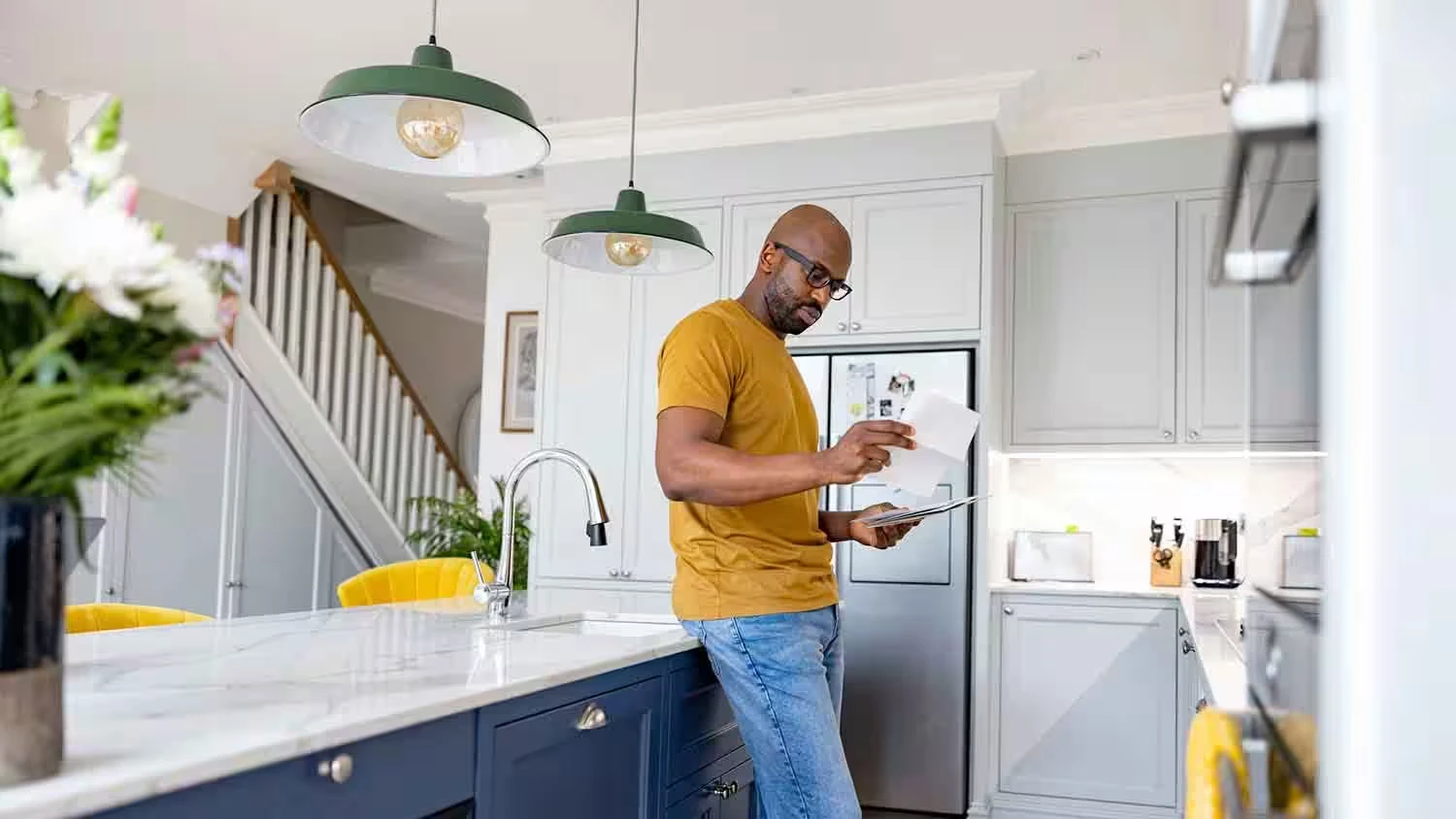Energy Consultant Services
What is involved in the process of a home energy audit
The process of a home energy audit typically begins with an initial consultation where the auditor gathers information about your home’s energy usage, including utility bills and your concerns about specific areas. The auditor then conducts a comprehensive inspection of your home, using tools like infrared cameras to detect heat loss, blower doors to measure air leaks, and meters to assess the efficiency of your heating and cooling systems.
They may also check insulation levels, inspect windows and doors for drafts, and evaluate the performance of your appliances. After completing the inspection, the auditor will analyze the data and provide a detailed report outlining their findings, including areas where your home is losing energy and specific recommendations for improvements. This report may include suggestions for upgrading insulation, sealing leaks, replacing inefficient windows, or installing energy-efficient appliances. The goal of the audit is to provide you with a clear plan to enhance your home’s energy efficiency and reduce your overall energy costs.
What long-term benefits can you expect from a home energy audit
A home energy audit offers long-term benefits such as lower energy bills, improved home comfort, and a reduced environmental footprint. By implementing the recommendations from an energy audit, you can significantly decrease your home’s energy consumption, leading to substantial savings over time. Additionally, improving your home’s energy efficiency can enhance indoor comfort by eliminating drafts, maintaining consistent temperatures, and reducing noise.
Energy-efficient homes are also more attractive to potential buyers, increasing property value. Furthermore, by reducing your energy usage, you contribute to environmental sustainability, helping to lower your carbon footprint and promote a greener future. Overall, a home energy audit is a valuable investment that pays off in terms of financial savings, comfort, and environmental responsibility.
FAQs
How often should I have a home energy audit performed?
It’s recommended to have a home energy audit performed every few years or whenever you notice a significant increase in energy bills, plan major renovations or want to improve your home’s energy efficiency. Regular audits help you stay informed about your home’s performance and identify opportunities for improvement.
What types of issues can a home energy audit identify?
A home energy audit can identify a variety of issues, including air leaks, inadequate insulation, inefficient heating and cooling systems, and energy-wasting appliances. It can also detect problems with ventilation, moisture control, and potential health and safety concerns related to indoor air quality.
Is it necessary to implement all the recommendations from an energy audit?
While it’s not necessary to implement all the recommendations at once, addressing the most critical issues first can lead to immediate energy savings and improved comfort. Prioritizing the recommendations based on your budget and goals allows you to make gradual improvements over time.
How long does a home energy audit typically take?
A standard home energy audit usually takes between two to four hours, depending on the size of your home and the complexity of the inspection. More detailed audits that include advanced testing methods may take longer.
Can a home energy audit help with qualifying for energy efficiency incentives?
Yes, a home energy audit can help you identify upgrades that may qualify for energy efficiency incentives, rebates, or tax credits offered by local, state, or federal programs. Your auditor can provide information on available incentives and guide you through the application process.







